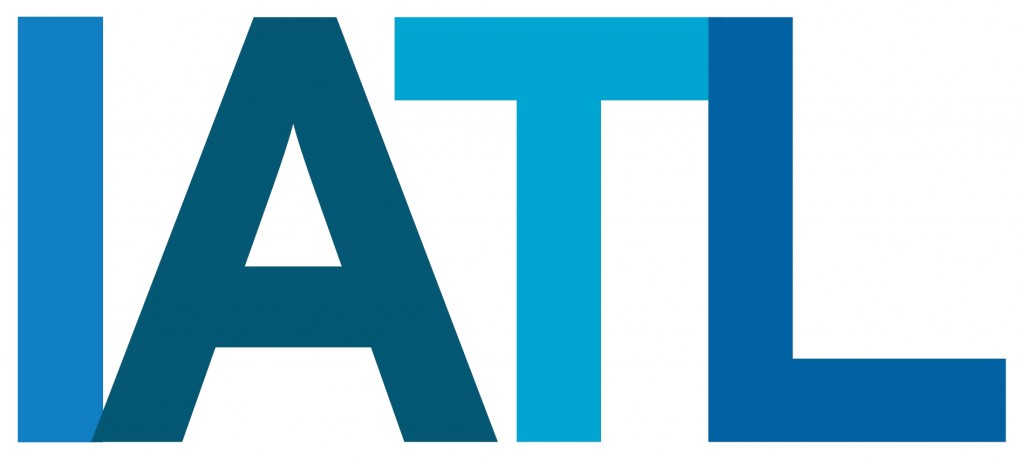Slippery Fish
Slippery Fish
"Catching a theory is like trying to grab hold of a slippery fish" - Anon
Discussion Forum
- Explore key questions via a Moodle forum.

Featured Interview: Addy
Here Addy discusses her use of theory in a project on accountability, action research and urban youth in Kampala, Uganda.
Jump to:
- What was your research about?
- What drove the study?
- Was action research your theoretical orientation?
- Were there some theories which helped you
conceptualise your data? - People often draw a distinction between theoretical
and practical contribution to knowledge - Do you have any advice for others starting out?
Recommended Book

Relativism. If you are new to these ideas an excellent place to start would be with Ken Gergen's book 'An Invitation to Social Constructionism'. This book does not deal directly with relativism, but opens up a new way of thinking in terms of the social construction of the people, places and objects around us, which is an essential starting point for relativism. Even if you are comfortable with social constructionism this is still a book that I would recommend as it gives such a clear and engaging discussion. Learn more.
Recommended Website

"...creativity is a combinatorial force: it’s our ability to tap into our mental pool of resources — knowledge, insight, information, inspiration, and all the fragments populating our minds — that we’ve accumulated over the years just by being present and alive and awake to the world, and to combine them in extraordinary new ways." An engaging website on literary, cultural and social science matters produced by Maria Popova. Visit website.
Recommended Guide

Do you feel you need to add more theory to your thesis? Worried that you've not used theory in the right way? Or just feeling a lingering anxiety when anyone asks about your theoretical framework? This blog post by the ever wonderfully resourseful Thesis Whisperer offers some simple ways to think about the incoporation of theory into your own thesis, including links to relevent texts and ideas. The Comments section is also worth a look to find ideas. Read the guide.

